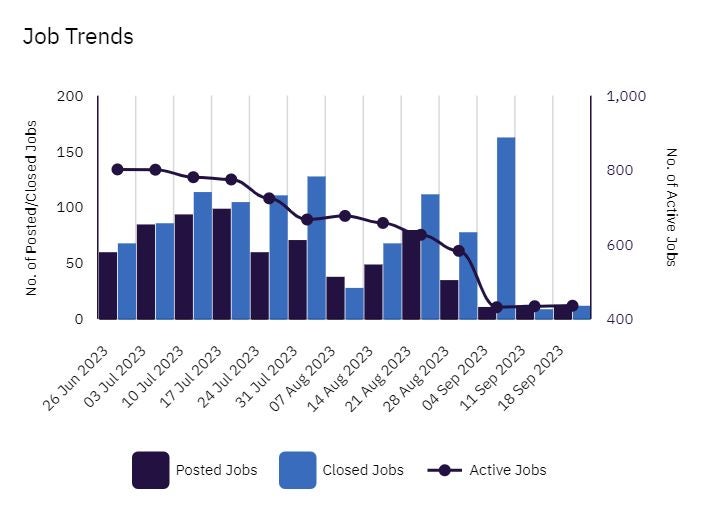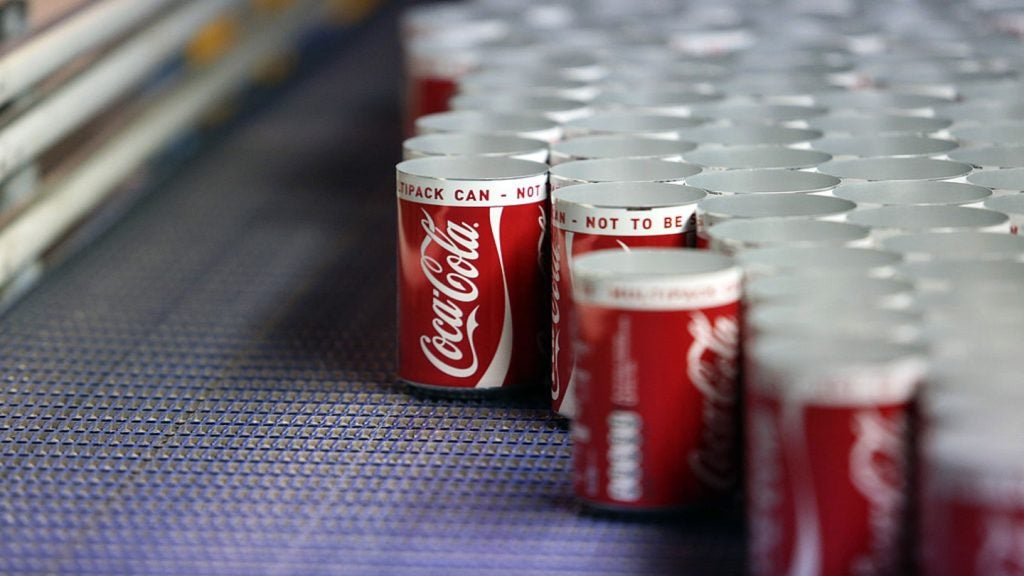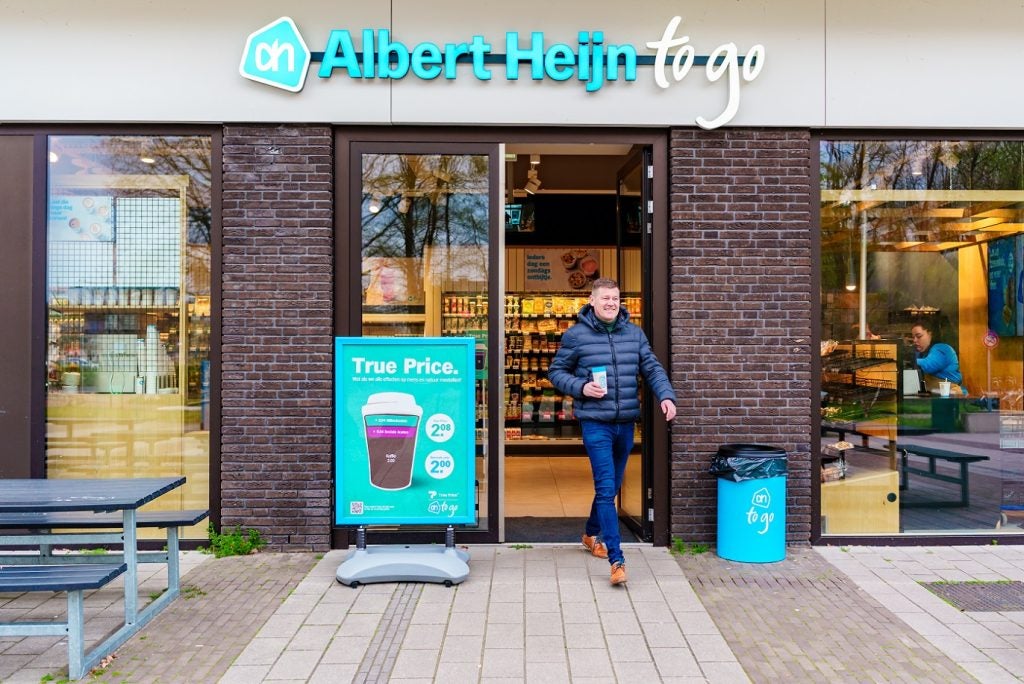Coca-Cola Europacific Partners (CCEP), the world’s largest independent bottler of Coca-Cola Co. products, has announced a £31m ($38m) investment in its manufacturing site in Wakefield in the UK.
The investment will be used to develop a new 2,000-cans-per-minute canning line at the site – which CCEP says is Europe’s largest soft drinks plant by volume. It will also provide additional production capabilities for the company’s lightweight 330ml cans.
The bottler says the line will confer CO2 consumption and water savings via air rinsing capabilities, dry lubrication on conveyors and an auto-sleep function on motors.

The Wakefield plant’s 500-strong workforce will also be further bolstered by the creation of 28 new roles, bucking a recent downward trend of hirings at CCEP.
No caps (or women) left behind
In addition, the investment will support the implementation of attached cap production capabilities on two of the site’s lines, which makes it easier for the entire bottle (cap included) to be recycled.
CCEP has also added the Wakefield site is “focused on attracting more diversity into the business’ supply chain”, which involves encouraging women and others to consider a career in manufacturing.
The Wakefield plant made headlines earlier this year when workers planned a strike over pay disputes with accusations of “profiteering”. The strikes were later called off after a deal was reached to increase workers’ pay by up to 18%.
Investment in CCEP’s ambitious ESG targets
CCEP said the Wakefield site has received £118m in investment since 2017 and that the latest project is another step towards realising its sustainability action plan, “This is Forward”.
As part of this plan, the company has set itself the goal of achieving a 30% reduction in absolute GHG emissions across its entire value chain by 2030 (versus 2019), and net zero GHG emissions by 2040.
The company achieved a steep reduction in CO2e emissions between 2019 and 2020, a more moderate reduction between 2020 and 2021, and a slight increase in 2022. To achieve a 30% reduction by 2030, the company will have to reduce emissions at the rate of 99,384.4 tonnes of CO2e per year.
Our signals coverage is powered by GlobalData’s Thematic Engine, which tags millions of data items across six alternative datasets — patents, jobs, deals, company filings, social media mentions and news — to themes, sectors and companies. These signals enhance our predictive capabilities, helping us to identify the most disruptive threats across each of the sectors we cover and the companies best placed to succeed.
















